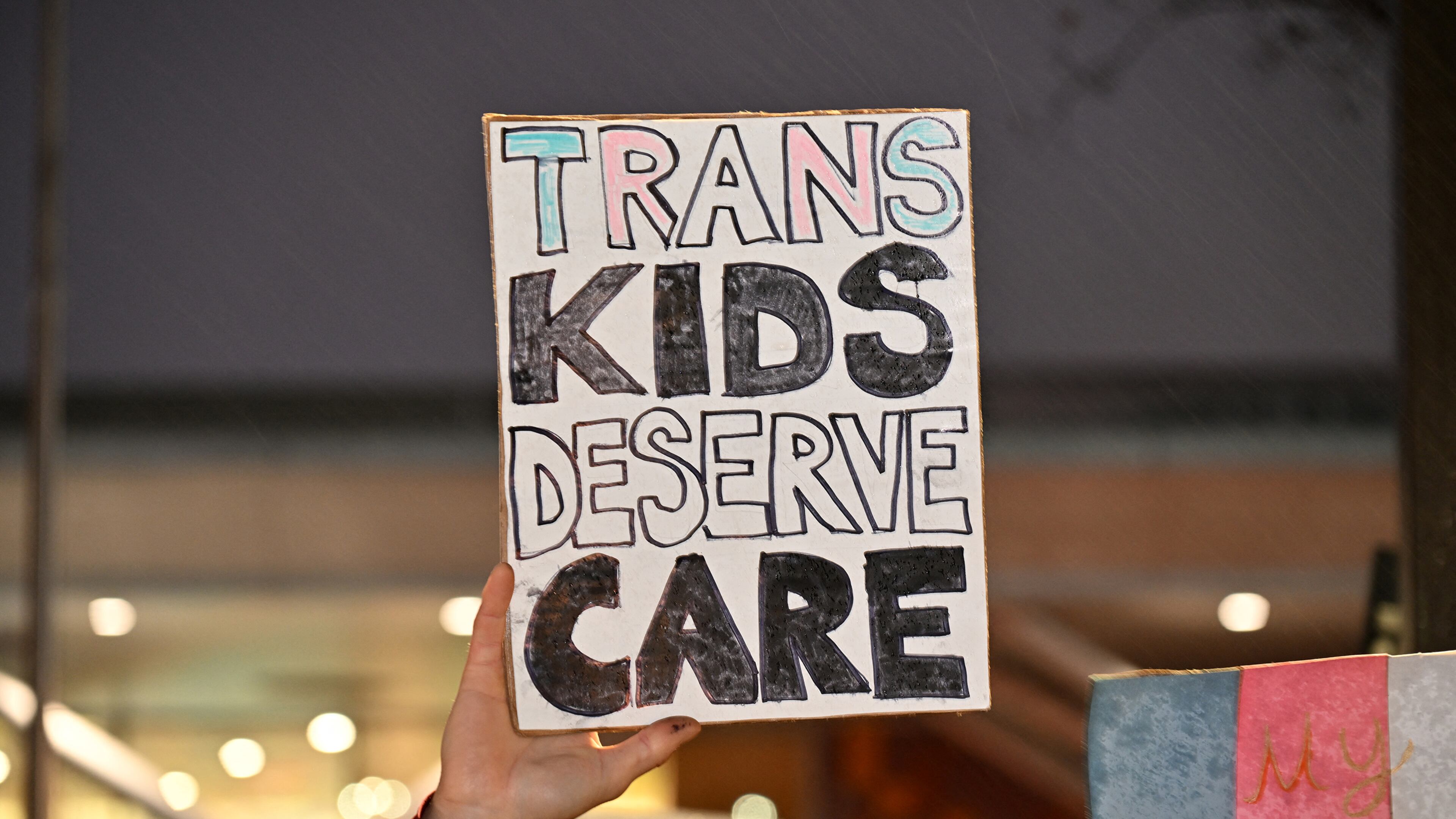Supreme Court set US back by legitimizing attacks against transgender Americans

The U.S. Supreme Court struck another serious blow against the rights of transgender individuals June 18 when it upheld a Tennessee law banning gender-affirming therapies for minors.
The Court’s decision rests on tortured logic and misapplication of precedent. Moreover, it sends yet another message to transgender youth – and transgender individuals more broadly – that they don’t matter in America.
In U.S. v. Skrmetti, the Court held that a Tennessee law banning certain gender-affirming care for transgender youth did not discriminate on the basis of sex in violation of the equal protection clause of the 14th Amendment to the United States Constitution.
This, despite the fact that:
- the word “sex” appears over 80 times in the Tennessee statute,
- the statute’s professed aim is to “encouraging minors to appreciate” their sex instead of becoming “disdainful” of it, and
- the prohibition on puberty blockers or hormone treatment to minors is limited only to treating transgender youths.
However, the conservative 6-3 majority of the Court somehow determined that the law does not classify or discriminate on the basis of sex.
Sotomayor’s dissent shows the flaws in a discriminatory law
Of course, as Justice Sonia Sotomayor’s dissent correctly pointed out, it is sex itself that determines whether a minor will have access to the covered medications.

The statute does not prohibit gender-affirming care when the child is cisgender. In other words, the same treatment that is allowed for a cisgender male to appear more “masculine” is prohibited for transgender males simply because of their sex assigned at birth.
Thus, the law clearly discriminates on the basis of sex.
Additionally, the Supreme Court held five years ago in Bostock v. Clayton County that in the context of workplace discrimination, “it is impossible to discriminate against a person for being transgender without discriminating against that individual based on sex.”
(In full disclosure, I was one of the attorneys who appeared before the Supreme Court on behalf of Mr. Bostock.)
Although Bostock was not a constitutional case, the same logic applies here.
Ruling impacts 100,000 youth seeking gender-affirming care
Skrmetti is a deeply troubling decision because it reaches far beyond Tennessee.
Laws banning or restricting gender-affirming care for transgender minors are on the books in 25 states, including Georgia.
It is estimated that approximately 100,000 minors who identify as transgender live under a prohibition on gender-affirming care.
Such laws are discriminatory and serve only to repress and marginalize an already vulnerable population.
The American Medical Association, the American Academy of Pediatrics, and other established institutions have supported the use of hormone therapies or puberty blockers for gender dysphoria.
The high rate of suicide and depression among transgender youth is well-documented. So is the fact that those who receive gender-affirming care can have substantially decreased risk of self-harm.
Yet, state legislatures continue to pass laws restricting gender-affirming care under the guise of “protecting” children.
Trump, Buddy Carter take blatant steps to attack trans community
I have represented numerous transgender individuals, including a transgender child here in Georgia.
The continued attacks, legal and political, against transgender people are patently discriminatory and fundamentally unfair.
For example, the Trump Administration recently issued a directive to the 988 Suicide & Crisis Lifeline to stop providing certain resources for LGBTQ youth.
And numerous politicians continue to unjustifiably attack transgender rights to create a wedge issue.
One need only look to a recent TV ad from U.S. senatorial candidate U.S. Rep. Buddy Carter, R-District 1, which targets and ridicules transgender Georgians. If there were a Mount Rushmore for most offensive political ads, this one would surely be up there.
Skrmetti’s hurtful impact is not limited to transgender youth. Bans on gender-affirming care also put parents of transgender youth in an untenable quandary.
Like all parents, they want to see their children thrive. But they may now find themselves contemplating whether they will have to suffer the economic and emotional consequences of leaving home and moving to a more transgender-friendly state to give their children a chance to simply be themselves.
(Certain states and Washington, D.C., have actually passed laws to protect transgender youths’ access to gender-affirming care.)
It’s already hard enough for transgender individuals who simply want to live their lives as who they truly are. Now the Supreme Court has dealt them another setback. The attack on transgender people is the product of prejudice, ignorance, and callous disregard.
It’s long past time to end this shameful practice.
Thomas Mew is a partner in the Atlanta-based law firm of Buckley Bala Wilson Mew and is an expert on legal issues related to the LGBTQ+ community.

